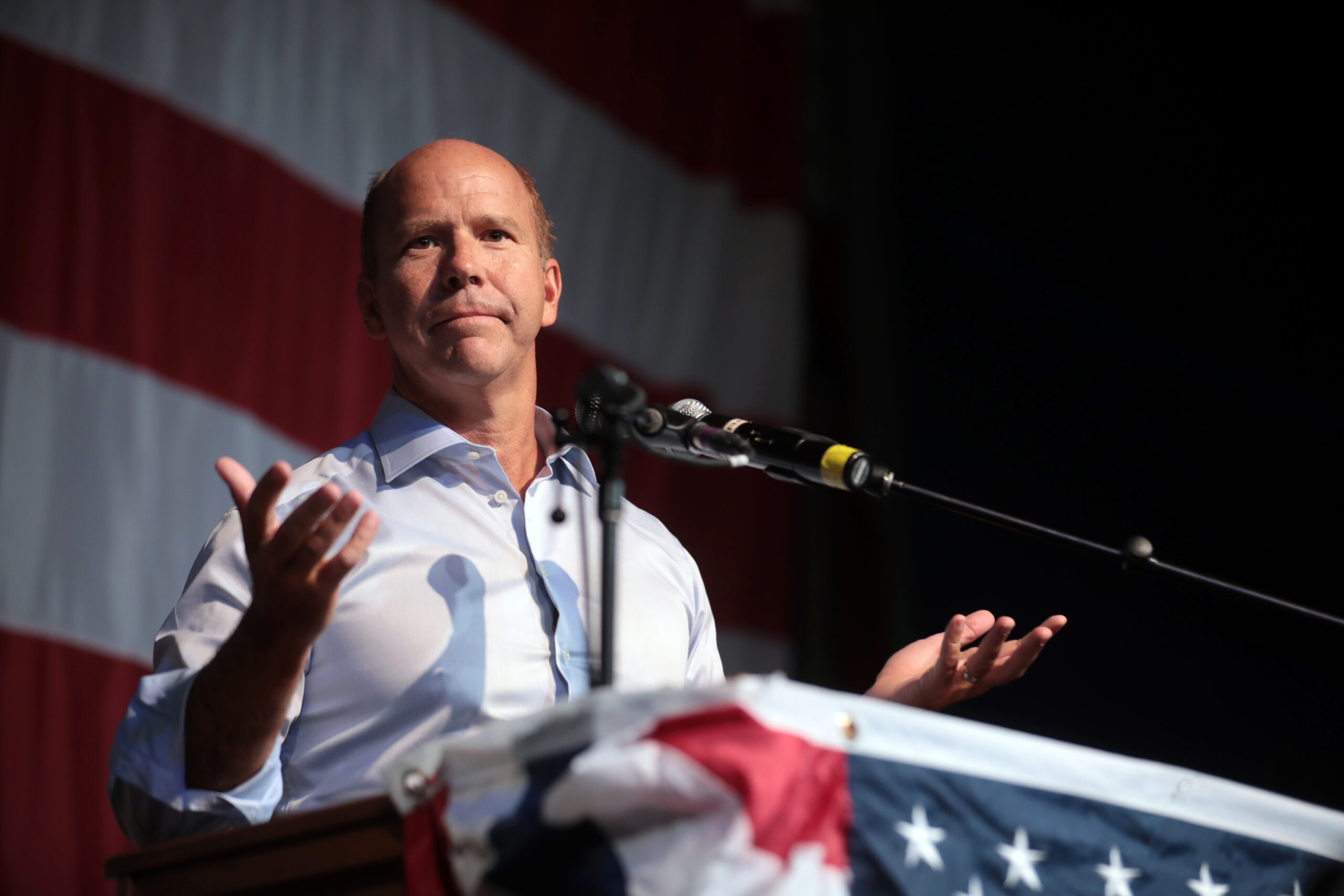John Delaney has ended his bid for the Democratic nomination.
You could be forgiven for asking: “John who?”

The former representative from Maryland was actually the first Democrat to announce his bid for the White House, all the way back in July 2017, but has spent two and a half years making almost no impact at all on the race.
Delaney – who poured over $20 million of his personal fortune into this pointless bid for power – finally conceded defeat on Friday, only three days before the Iowa Democratic caucuses. In a statement, Delaney admitted that he was unlikely to reach the 15% bar needed to reach the second ballot in caucus meetings, but worried that remaining in the race might split the so-called “moderate” vote.
Even with this low assessment of his chances, Delaney was probably overselling himself – his poll numbers have dragged along below 1% for the entirety of his campaign, and over 60% of Democrats do not even know who he is, let alone why on earth they should entrust their vote to him.
This has been the case throughout his campaign.
Last autumn, at a time when his rival Bernie Sanders was drawing crowds of tens of thousands to his events, Delaney was able to muster a measly grand total of eleven supporters at a speech in Iowa. A reporter for The Guardian aptly described it: “A near total lack of support.”
Part of this dismal showing came from Delaney’s singularly uninspiring message to Democrats. He declared that the bold plans of progressives were a bridge too far, and promised to distinguish himself by working hand-in-glove with Republicans. He was dead wrong, and the voters could see it with their own eyes.
His main policy idea – that everything should stay more or less the same, and not change too much – was shown to be a farce at the second round of Democratic debates. As he blathered along, comparing progressive priorities to “free stuff,” Elizabeth Warren finally turned to him and quipped: “I don’t understand why anyone would go to all the trouble of running for president of the United States just to talk about what we really can’t do and shouldn’t fight for!”
Delaney’s concept of how to conduct politics was equally dreadful.
He argued fiercely for the benefits of bipartisanship„ pitching himself as a man who could reach across the aisle and work with Republicans – an argument that makes no sense considering that the Republican Party has morphed into a Trump-worshiping cult that enthusiastically embraces scorched earth tactics.
Just where does Delaney figure that compromise could be found? Has he not been witness to the last few years of Republicans attacking progressive institutions and priorities with an almost manic gleefulness?
Delaney ought to know by now that Mitch McConnell is a man who does not give an inch. And the rest of his caucus are of the same mind.
John Delaney’s withdrawal from the race will be met with indifference from most voters – and possibly a hint of relief from some Iowans, who have had almost three years of Delaney turning up in their state to tell them that they shouldn’t dream too big. But we haven’t necessarily seen the last of Delaney, as sources say he is considering a gubernatorial run in Maryland in 2022.

